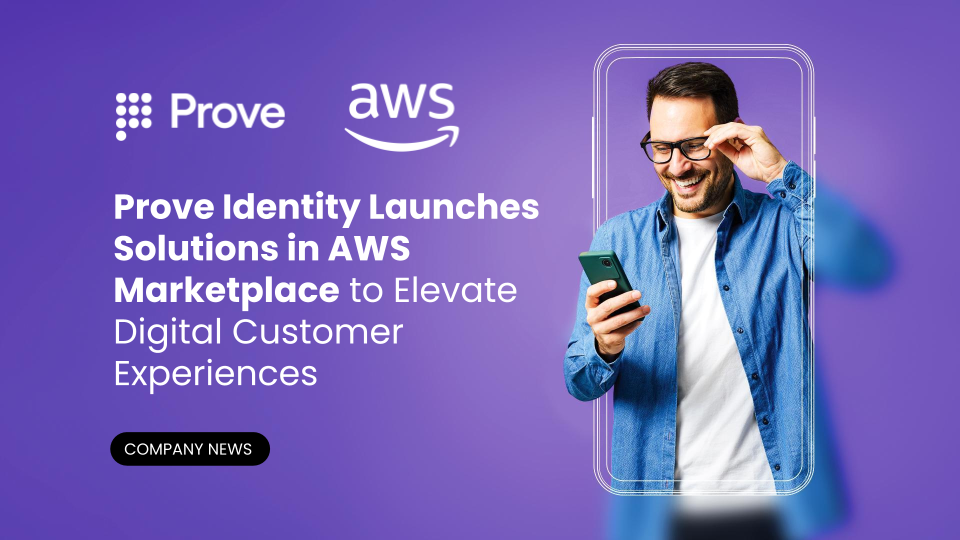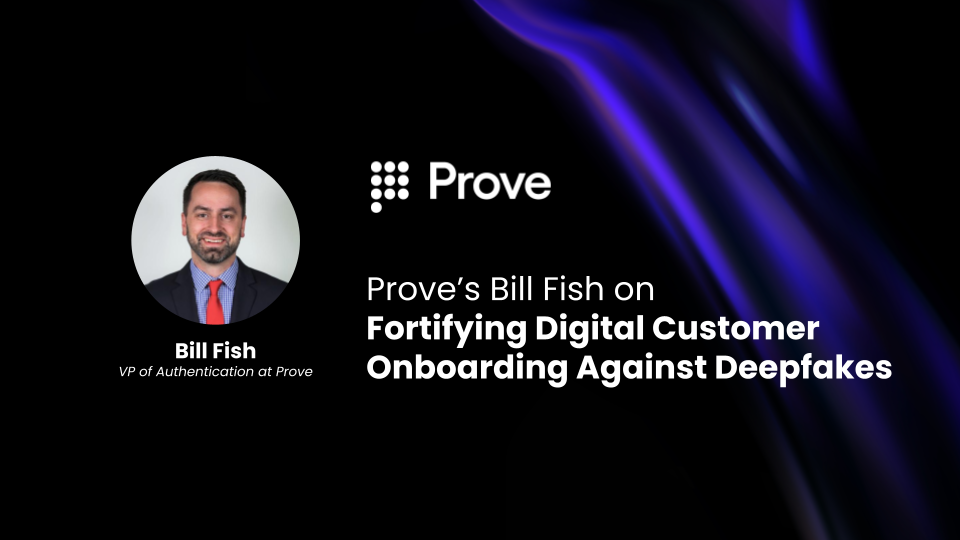Have you seen a FinTech founder pitch his company? Since 2011, we have been witnessing many of them across the world. There was one common thing irrespective of whether you saw the pitch in the US or Europe, or Asia: everyone talked about disrupting banks and displacing incumbents. In 2013, this space was still in its infancy. Nobody cared about the mushrooming FinTech startups or their founders. So these founders had to try harder; they did what they had to do: pitch hard and talk about total disruption. The FinTech founders challenged the traditional offerings by the banks & FIs and believed that over-the-top (unlicensed) products would win. This kind of thinking stemmed from the fact that this was happening in other industries like transportation (Uber/Ola/Grab), communication (WhatsApp & Skype), and (Airbnb) – a power shift from asset-based value propositions to aggregation and asset-light OTT platforms. The FinTechs were looking to disrupt the traditional financial services industry similarly, but as some of them grew larger in size, they were met with a bitter truth.
As Uber & Lyft disrupted transportation and Amazon & Alibaba disrupted commerce, FinTechs tried doing the same to the financial services industry, but one major disadvantage: the traditional players had something special, and that it turned out that it is indeed a strong moat – the banking license. Most readers understand the advantage that banks have with a lot of experience in handling regulatory and compliance matters but let me explain a seemingly lesser-known thing. Lending is one of the core functions of a bank – one that really helps to make money. However, to lend, you need cheap capital. Banks with their licenses are deposit-taking institutions and, therefore, have access to cheap capital. Lending FinTechs without the license cant be deposit-taking institutions, and so their cost of capital is much higher. Now, this is just one example; there are many more advantages of FinTechs having a banking license. And that is why any FinTech that has grown to a certain size pursues a license.
With a banking license, large FinTech players could have cheaper access to capital, make money from a float, be on the right side of regulation, competitive advantage over the other FinTechs, and confidence-building in the eyes of investors & customers, as well as new revenues from new offerings such as BaaS offering for other FinTechs. In some countries, access to key digital infrastructure (eKYC, credit bureaus, real-time payments) is being restricted to only banks but let's not go there as that is stated to go away (or there are workarounds). A banking license also helps FinTechs expand and provide its customers with the complete bouquet of banking services (one-stop-shop and not just point solutions) and helps them to create a better brand for themselves. With the above advantages, a banking license could be seen as the right move for any large FinTech. Here are a few of the startups that have gone this route:

Another point to note is that the established FinTech players begin to realize that at some stage, in order to continue playing a bigger and bigger role in the financial services industry, they will be required to capture a larger part of the value chain; they will need to take away a market share. For example, Wirecard was founded in 1999 and focused on payments services. After establishing itself in payment services, Wirecard decided to offer banking services to its clients after 7 years of its inception. Like Wirecard, established FinTech players like Zopa, Tyro, and Klarna also realized the importance of rebundling their service offerings into a bank. Zopa started its banking operations after 13 years of its founding; Tyro and Klarna each took 12 years to figure out that unbundling has some inherent limitations. FinTech players realize that getting a bank license can be a key to continue raising money and fueling their ambitions. Becoming a bank opens up the possibilities to invest in the latest technology with the aim to develop new products and reach customers quickly.
This trend of shifting the focus from the unbundling of banking services to rebundling provided some signals when big names such as Monzo, Klarna, Sofi, Paytm, WeBank, and Tyro Payments started obtaining banking licenses. Well-established players such as MoneyLion in PFM, Acorn in micro-investing, and FairFX in payments have also begun their banking services in 2018–19. In 2019, Zhong An, WeLab, and Ping An are the big FinTech names that obtained banking licenses. These companies are soon going to start their banking operations, while Square, Coinbase, LendingClub, and Circle have applied for the necessary banking licenses.
This trend of affecting the entire circle of money for customers can also be witnessed through the incorporation of many neobanks which have been founded in the last three to four years across the world. The favorable regulatory policies, along with FinTechs’ desire to capture a larger market share, have only fueled the race to become a bank. We expect this trend to continue with some big names revisiting their strategy and focusing on the larger value chain of banking services.
To learn about Prove’s identity solutions and how to accelerate revenue while mitigating fraud, schedule a demo today.

Keep reading

Prove’s solutions can help businesses make their online customer experiences faster, easier and more secure.

While the rise of deepfake technology is not totally new, its level of sophistication presents new challenges for businesses seeking to deliver frictionless digital onboarding experiences to their customers.

Prove and BetMGM, the sports betting and iGaming leader, have entered into a partnership which will elevate the security standards and user experience for BetMGM customers through the Prove Pre-Fill® identity solution.














